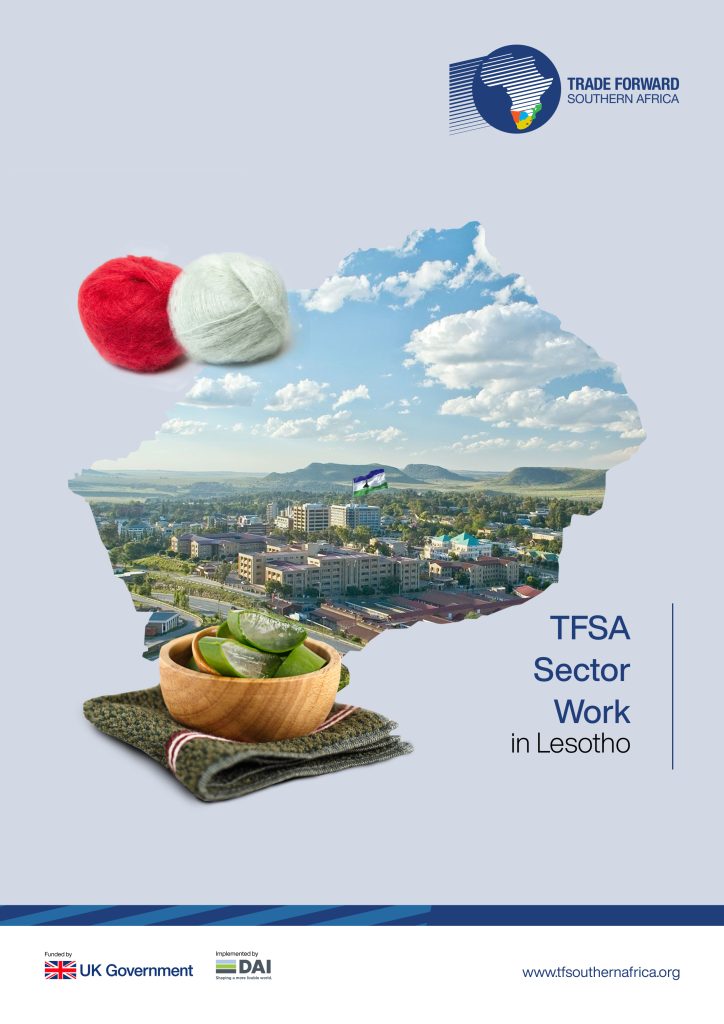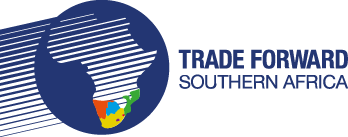Lesotho’s economic profile:
Lesotho is a small, mountainous and landlocked country, and is an enclave of South Africa. Lesotho has close economic linkages to South Africa and is a member of the Common Monetary Area (CMA) with Eswatini, Namibia and South Africa.
Lesotho’s economic performance has been negatively affected by slow economic growth in the South African economy and sluggish global economic growth amid a major downturn in both emerging markets and advanced economies. However, the government of Lesotho has identified manufacturing, tourism, agriculture, technology and creative arts as the key economic drivers.
The private sector currently contributes less than 40% to the gross national investment, with the government dominating most economic activities in the country. To promote private sector participation for employment creation and economic growth, development of small, medium and micro entrepreneurs is imperative to change the landscape and trajectory of the country. (Source: The World Bank)
TFSA sector work in Lesotho:
The TFSA priority sectors in Lesotho are cosmetics and natural ingredients, and fruits, nuts and vegetables. These sectors were selected due to their recent growth development, the global interest in these products and the excellent regional supply potential. However, producers face a number of constraints to further sustainable development, including poor physical market access – domestically and regionally – and non-tariff barriers and regulatory processes that add cost and time to products and limit the ability of farmers to compete in regional markets. In addition to these TFSA priority sectors, the wool and mohair sector has been added in Lesotho due to its vital importance to the country and because of the interests expressed by local stakeholders. The wool and mohair industry is dominated by rural small-scale producers and is a major export sector with significant potential for growth through support to producers to comply with international certifications and regulations.
TFSA has built partnerships with business support organisations, the Lesotho Chamber of Commerce and Industry, Lesotho National Development Corporation, Lesotho National Wool and Mohair Associations and The SMME Support Network, to implement initiatives supported by TFSA in the three sectors. To meet the capacity-building needs of women operating outside of the selected priority sectors, AWSB was the delivery partner that supported 52 women-owned businesses complete the Export Trade Training programme.To find out more details about the impact achieved, download the Lesotho report below.



